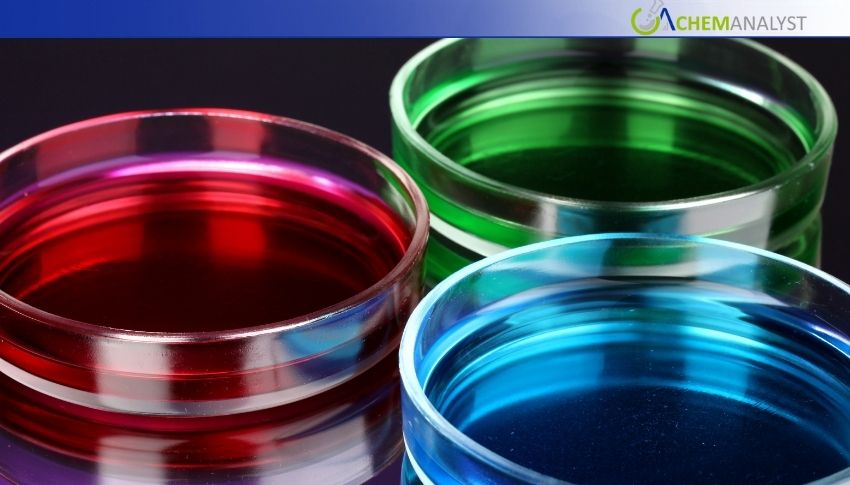Welcome To ChemAnalyst

The Polyalphaolefin (PAO) market saw different trends in June 2025 across regions. In China, prices stayed steady due to strong demand from industries that use PAO, like automotive and lubricants. On the other hand, prices dropped in Germany as industries were more cautious and faced tough competition. These differences show how local demand, raw material costs, and supply conditions are influencing PAO prices in each region.
China’s PAO market stayed stable in June xxxx, with no change in the average price of PAO xcSt CFR Shanghai. This steady trend was mainly driven by strong demand from the new energy vehicle (NEV) sector, which heavily relies on synthetic lubricants. As per data from the Passenger Car Association, NEV wholesale sales in China reached x.xx million units in June, up xxx compared to the same month last year. This continued growth in NEV production kept the demand for PAO strong throughout the month.
Key Takeaways
We use cookies to deliver the best possible experience on our website. To learn more, visit our Privacy Policy. By continuing to use this site or by closing this box, you consent to our use of cookies. More info.
